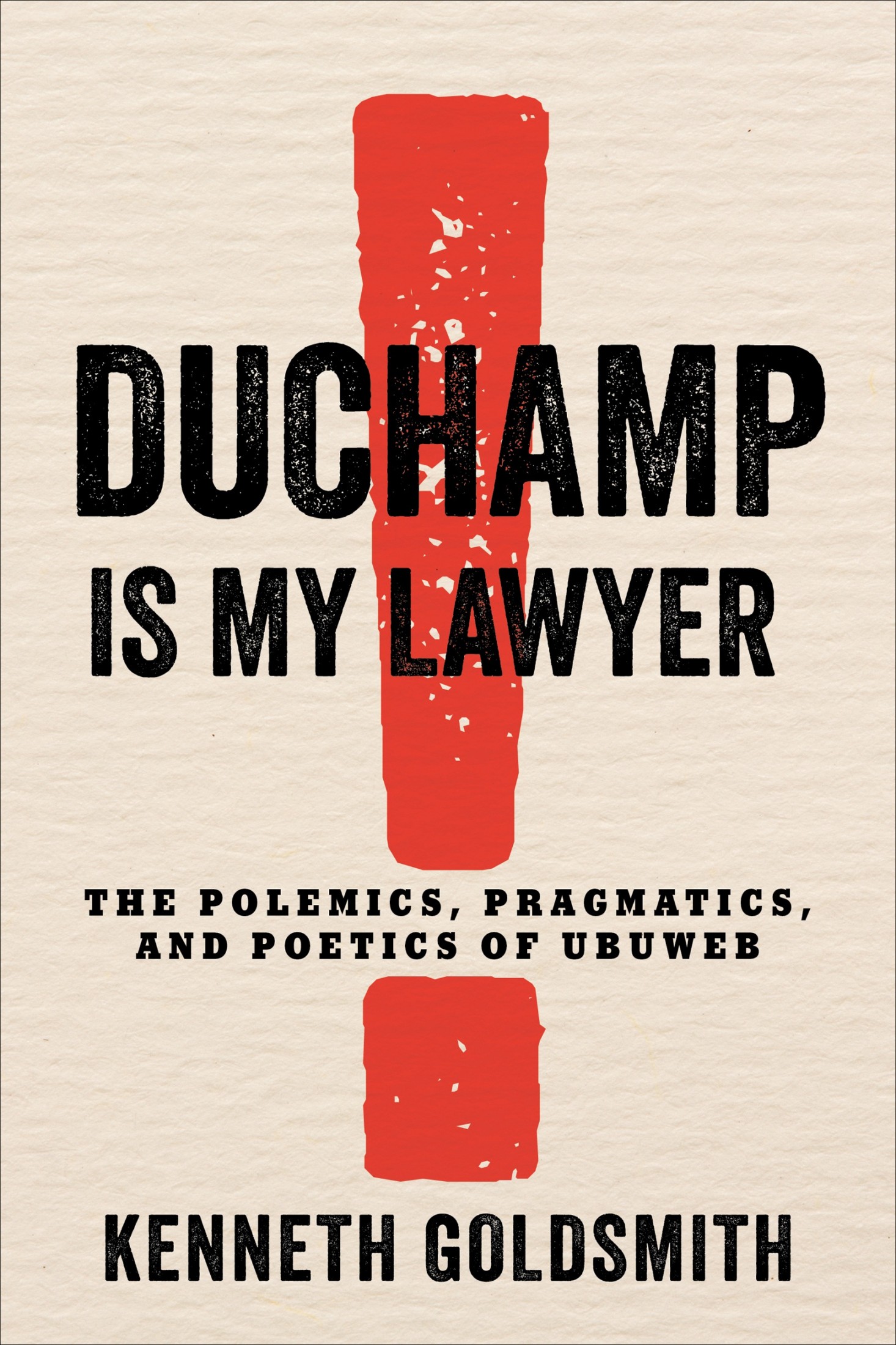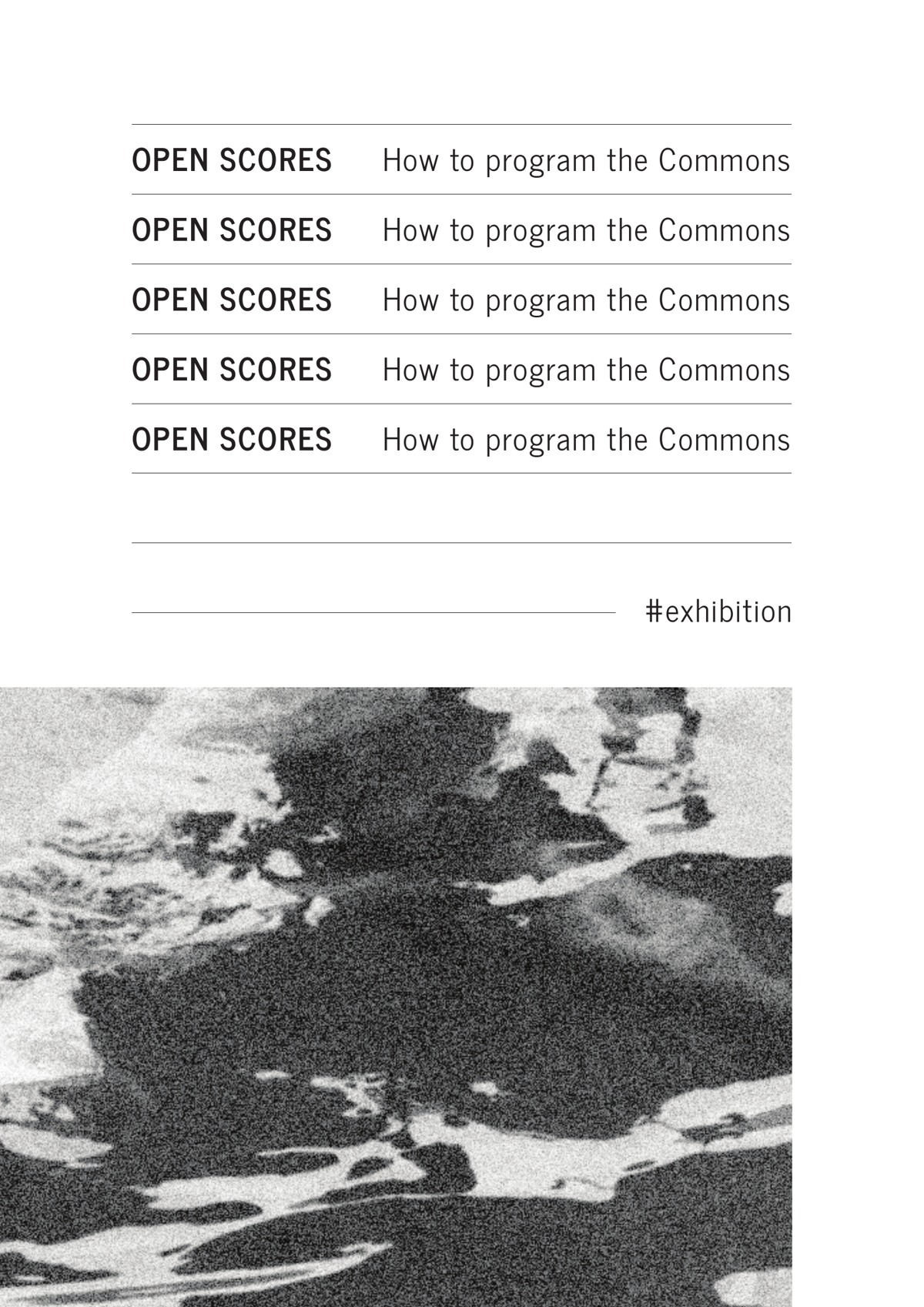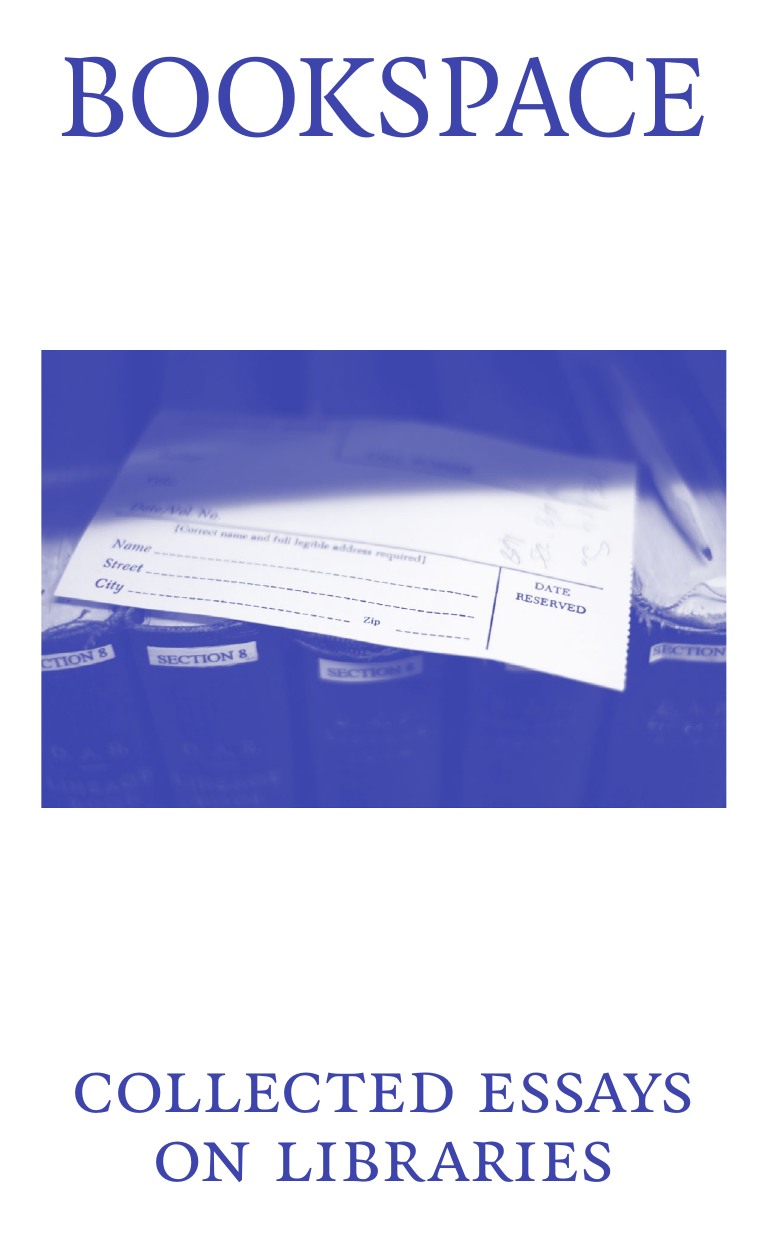Kenneth Goldsmith: Duchamp Is My Lawyer: The Polemics, Pragmatics, and Poetics of UbuWeb (2020)
Filed under book | Tags: · abstraction, algorithm, appropriation, avant-garde, collage, conceptual writing, concrete poetry, copyright, digital library, digitisation, language, modernism, noise, piracy, shadow library, sound poetry, ubuweb, video art, visual poetry

“In 1996, during the relatively early days of the web, Kenneth Goldsmith created UbuWeb to post hard-to-find works of concrete poetry. What started out as a site to share works from a relatively obscure literary movement grew into an essential archive of twentieth- and twenty-first-century avant-garde and experimental literature, film, and music. Visitors around the world now have access to both obscure and canonical works, from artists such as Kara Walker, Yoko Ono, Pauline Oliveros, Samuel Beckett, Marcel Duchamp, Cecil Taylor, Glenn Ligon, William Burroughs, and Jean-Luc Godard.
In Duchamp Is My Lawyer, Goldsmith tells the history of UbuWeb, explaining the motivations behind its creation and how artistic works are archived, consumed, and distributed online. Based on his own experiences and interviews with a variety of experts, Goldsmith describes how the site navigates issues of copyright and the ways that UbuWeb challenges familiar configurations and histories of the avant-garde. The book also portrays the growth of other “shadow libraries” and includes a section on the artists whose works reflect the aims, aesthetics, and ethos of UbuWeb. Goldsmith concludes by contrasting UbuWeb’s commitment to the free-culture movement and giving access to a wide range of artistic works with today’s gatekeepers of algorithmic culture, such as Netflix, Amazon, and Spotify.”
Publisher Columbia University Press, New York, 2020
ISBN 9780231186940, 0231186940
x+318 pages
Reviews: Raphael Rubinstein (Art in America, 2020), Jan Baetens (Leonardo, 2020), Mark Athitakis (On the Seawall, 2020), Nick Soulsby (PopMatters, 2020), Alexander Adams (2020), Tomáš Hudák (3/4, 2020, SK), Cécile Marie-Castanet (Critique d’art, 2020, FR), Georg Fischer (iRights.info, 2020, DE), Gill Partington (London Review of Books, 2021), Daniel Morris (Williams Review, 2021), Andrew S. Taylor (American Book Review, 2022), Roi Tartakovsky (Common Knowledge, 2023).
HTML (added on 2020-6-23)
EPUB (11 MB, updated on 2020-6-24)
PDF (6 MB, added on 2025-10-23)
Open Scores: How to Program the Commons (2020)
Filed under catalogue | Tags: · archive, collaboration, commons, digital culture, digital library, education, feminism, hacking, knowledge, notation, postdigital, privacy, shadow library

“The exhibition OPEN SCORES brought together a series of practices through which artists articulate their specific forms of digital commons. From online archives, to digital tools/infrastructure and educational formats, the projects envision a (post-)digital culture in which notions of collaboration, free access to knowledge, sustainable use of shared resources and data privacy are central. For the exhibition, each of the projects created a unique score to present their practice.”
Participants: Dušan Barok (monoskop.org), Marcell Mars & Tomislav Medak (memoryoftheworld.org), Sebastian Lütgert & Jan Gerber (0xdb.org), Kenneth Goldsmith (ubu.com), Sean Dockray (AAAAARG), Zeljko Blace (#QUEERingNETWORKing), Ruth Catlow & Marc Garrett (furtherfield.org), Laurence Rassel (erg.be), Marek Tuszynski (Tactical Tech), Michael Murtaugh, Femke Snelting & Peter Westenberg (Constant), Stefanie Wuschitz (Mz* Baltazar’s Lab), Panayotis Antoniadis (nethood.org), Alessandro Ludovico (neural.it), Eva Weinmayr (andpublishing.org), spideralex, Sakrowski (curatingyoutube.net), Creating Commons.
Curated by Creating Commons (Shusha Niederberger, Cornelia Sollfrank, Felix Stalder).
Publisher Creating Commons, Jun 2020
Creative Commons BY-SA 4.0 International License
[40] pages
Project website
Exhibition
Publisher
PDF (40 MB)
See also Aesthetics of the Commons (2021).
Comment (0)Maria Inês Cruz, Lozana Rossenova (eds.): Bookspace: Collected Essays on Libraries (2015)
Filed under book | Tags: · archive, book, digital library, library

“Bookspace: Collected Essays on Libraries focuses on the current development of library spaces as public institutions through the perspective of architects, writers, librarians, and readers. The book addresses the architecture of modern public spaces, and the development of library collections in the age of digital information, in order to discuss the larger social context of library institutions. It provides an insight into their management and how their functions are changing.
A comprehensive look at the social role of libraries is a key part of the book. In the Western World, constant funding cuts – justified with austerity measures in the current economic climate – affect the functioning and closing of libraries. While in the Middle East and Northern Africa, the challenges arise from socio-political conditions and military regimes, thus, threatening the preservation and sharing of knowledge, and overshadowing those libraries’ historical roots and social roles.
Recognising how patterns of information distribution and consumption are changing driven by both technical and social developments, we aim to suggest how they might evolve in the future.”
Contributions by David Pearson, Heba El-Sherif, Marie Lécrivain, Julius Motal, Jorge Reis, João Torres, and Tom Vandeputte.
Publisher Inland Editions, London, 2015
133 pages
Publisher (archived), Twitter
WorldCat
PDF (6 MB)
Comment (0)
